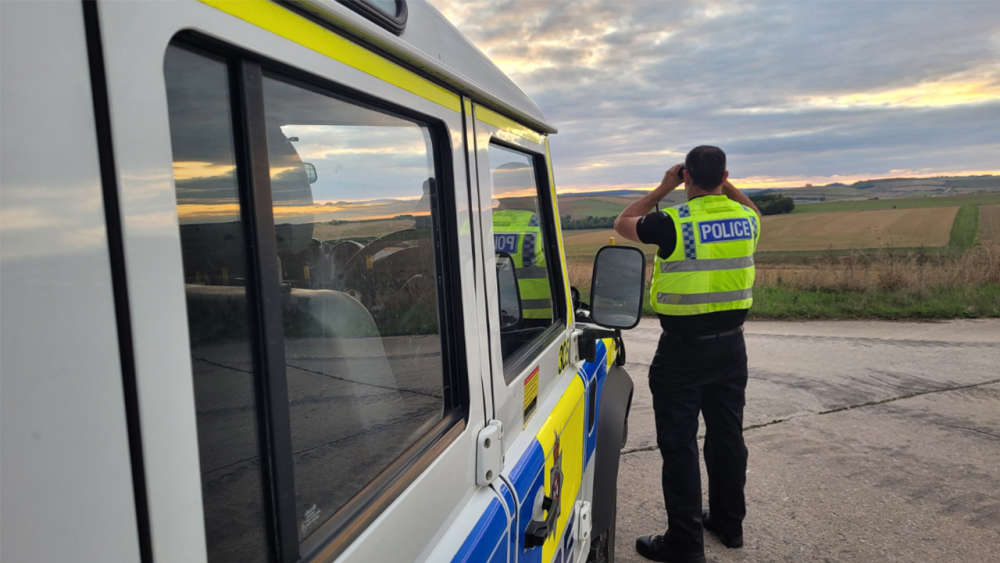
Police and Crime Commissioner Philip Wilkinson, says he will continue to make rural crime a high priority for Wiltshire Police, with the cost of rural crime increasing for the county’s farming community.
According to the latest figures from NFU Mutual, the cost of rural crime saw a 12.8% increase of £1.1M in 2023 in Wiltshire compared to the previous year, with the influence of organised criminal gangs becoming more prevalent across the country.
With it being National Rural Crime Action Week, Mr Wilkinson highlighted how he hopes a change in focus to increase partnership working with bordering counties, and an intelligence led response, will lead to rural communities becoming more confident in the level of service provided by Wiltshire Police.
As part of this, he has welcomed an improvement in the way Wiltshire Police responds to activity such as hare coursing, where officers from a number of different teams will attend calls to apprehend hare coursers.
The Commissioner said: “One of my priorities and that of the Chief Constable, is to be much more proactive in how we address rural crime and how we go after those conducting rural crimes.
“That means that we need a whole force response to rural crime to tackle those individuals who are conducting hare coursing, which is a recreational activity often undertaken by those organised crime gangs.
“They are the ones who also are conducting the acquisitive crime, which is essentially robbing and raiding our farms and threatening the livelihoods of farmers.
“We have recently had some significant successes where neighbourhood policing teams, drone, dogs and armed response teams attended call outs and arrested a number of hare coursers, which has been a consequence of using a whole force approach”
Earlier this year, new research carried out by Dr Kate Tudor from Durham University, on behalf of the National Rural Crime Network (NRCN), showed how rural crime was serious, organised and international with links to the international drugs trade, with twenty-two organised crime groups working across the UK.
The PCC, who sits on the board of the NRCN, stressed the importance of partnership working across police forces and local councils to tackle rural crime and highlighted the need to share intelligence.
He added: “Last year we set up Operation Ragwort, which sees forces across the south west share intelligence and resources to tackle rural crime.
“I’m pleased to see positive results begin to bear fruit as a result of this operation, and I hope to see more good work undertaken through these partnerships.
“As well as working regionally with our neighbouring police forces and PCCs, it’s important we work with our local councils to deal with issues such as fly-tipping, which has a detrimental effect on our environment, and make the most of our scarce resources to tackle it.”
Chief Inspector James Brain is the tactical lead for rural crime at Wiltshire Police:
“It's very well known that criminals don't work to borders, so we have to work more smartly as a collaboration.
“As a result of this, we've set up Operation Ragwort with our neighbouring forces and we very much tap into that intelligence network.
“We've recruited a local intelligence officer who's working across our regions, making sure that all of our work is joined up and that we’re better at sharing information.
"That’s not just in terms of the pre-planned information, but it's the here and now, so we also have trigger plans in place in our control rooms.
"This means that when such criminality takes place such as hare coursing or agricultural farm thefts, then then we have a trigger plan to follow, and in recent days, we've had some really good examples of some high-profile arrests being made”

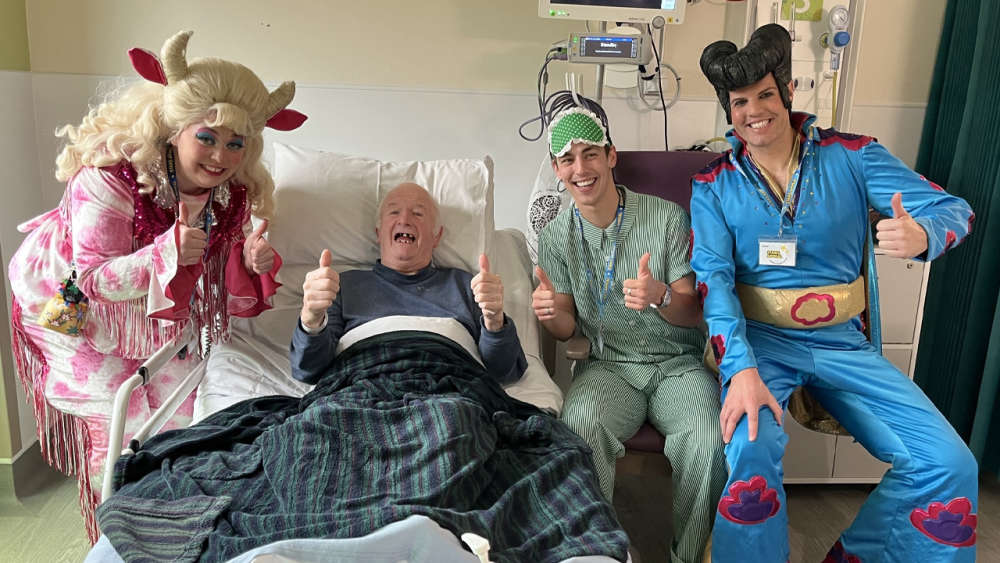 Panto stars bring festive joy to patients at Salisbury Hospital
Panto stars bring festive joy to patients at Salisbury Hospital
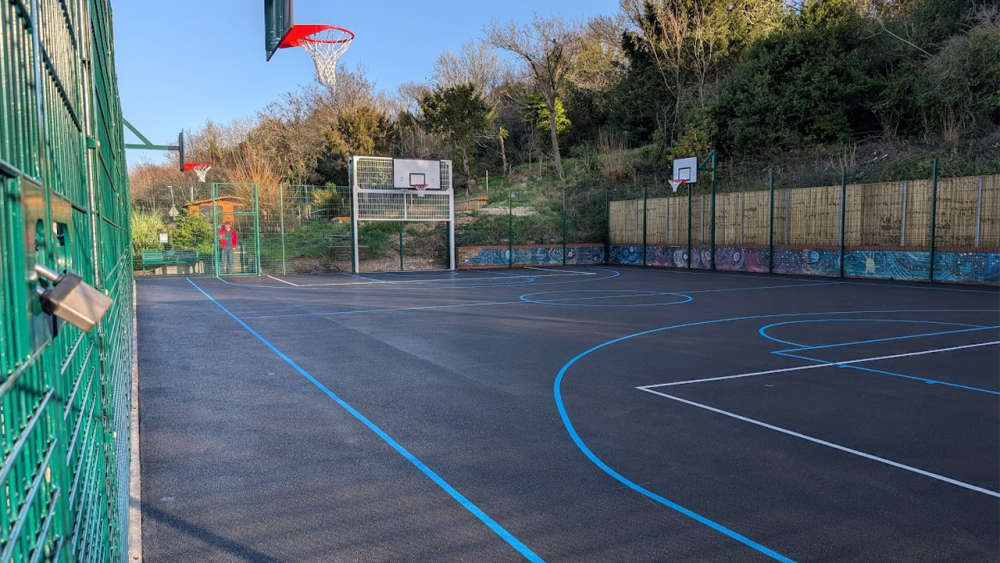 PlayZone facility to open in Bemerton Heath with aim of boosting local community sport and active wellbeing
PlayZone facility to open in Bemerton Heath with aim of boosting local community sport and active wellbeing
 Salisbury Women’s Refuge Faces Imminent Closure Without Urgent Donations
Salisbury Women’s Refuge Faces Imminent Closure Without Urgent Donations
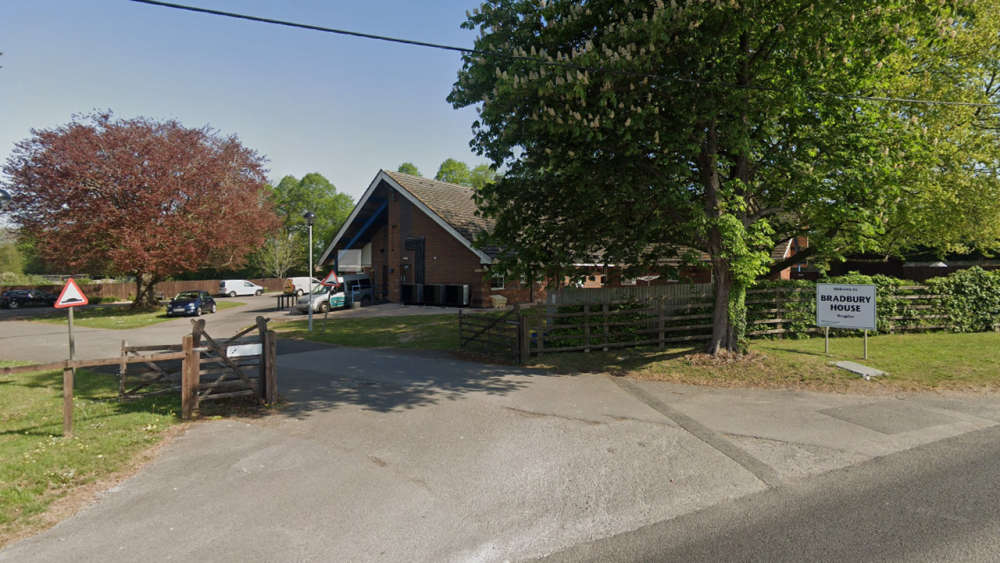 Bradbury House provides 'high quality care and support for people with disabilities'
Bradbury House provides 'high quality care and support for people with disabilities'
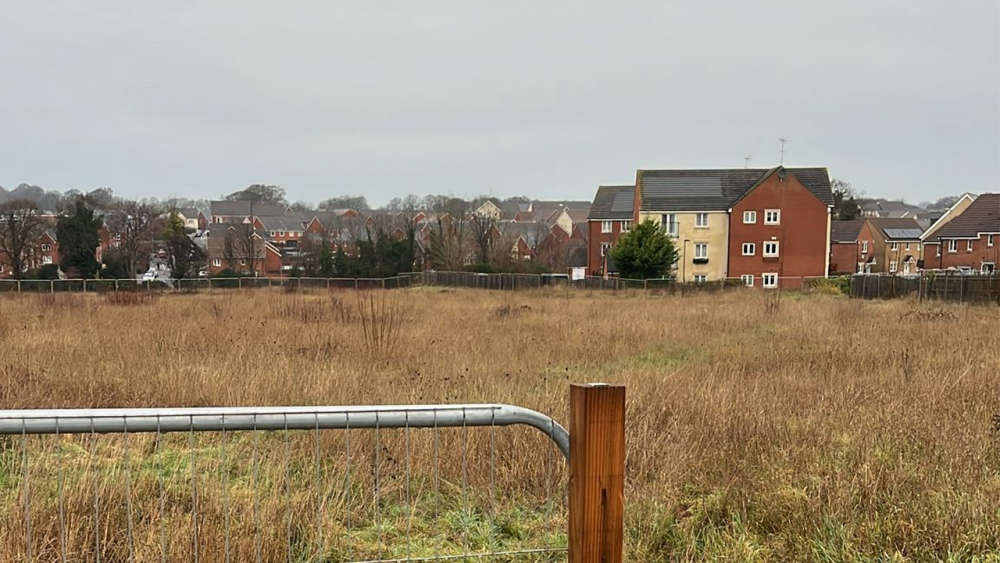 Laverstock & Ford Councillors Welcome New Southern Police Hub
Laverstock & Ford Councillors Welcome New Southern Police Hub
 Wiltshire Council awarded £3.1m to invest in walking, wheeling and cycling schemes
Wiltshire Council awarded £3.1m to invest in walking, wheeling and cycling schemes
 Salisbury Crowned the Cheapest UK City for a New Year's Eve Night Out
Salisbury Crowned the Cheapest UK City for a New Year's Eve Night Out
 Man Sentenced to Life for the Murder of Darren Hughes
Man Sentenced to Life for the Murder of Darren Hughes











